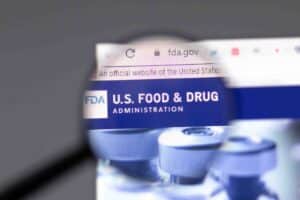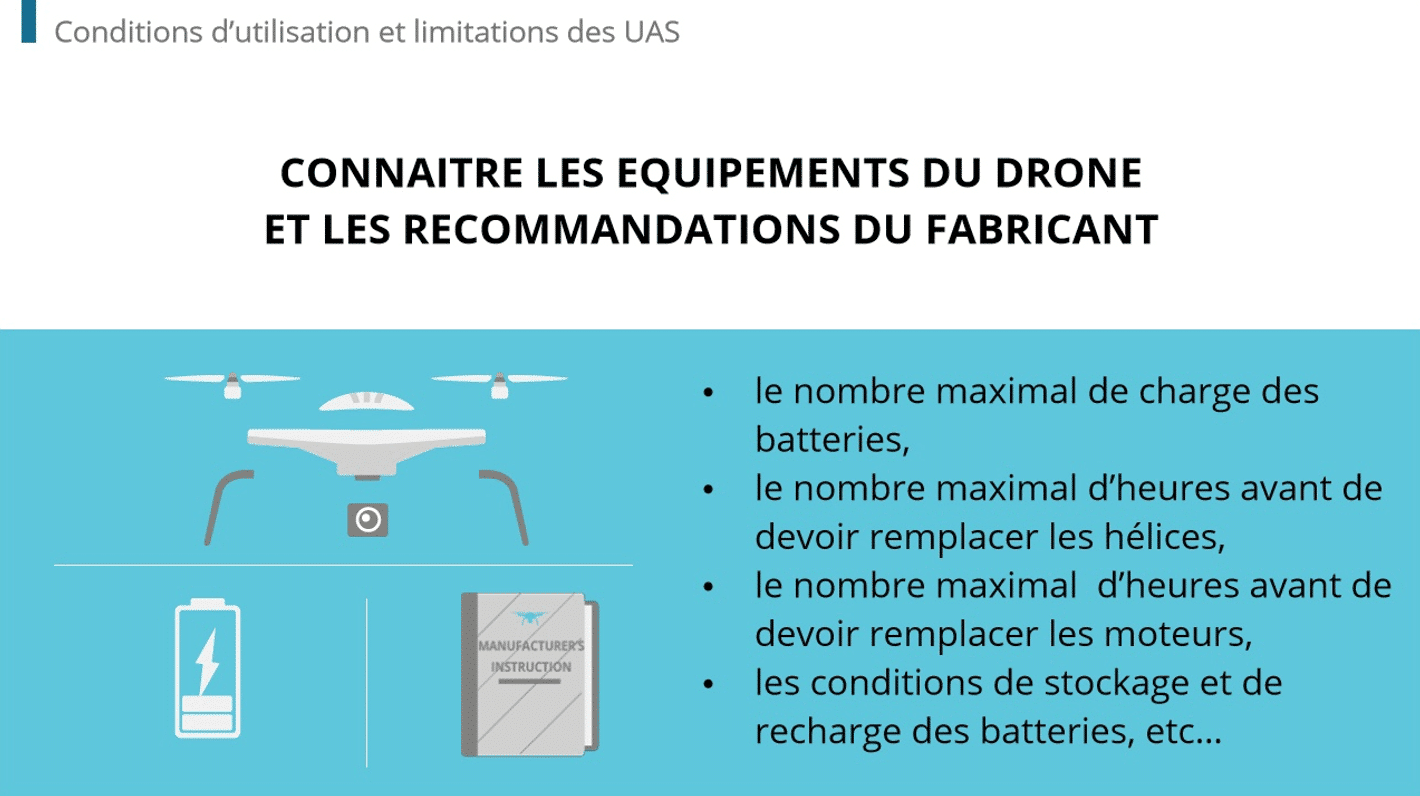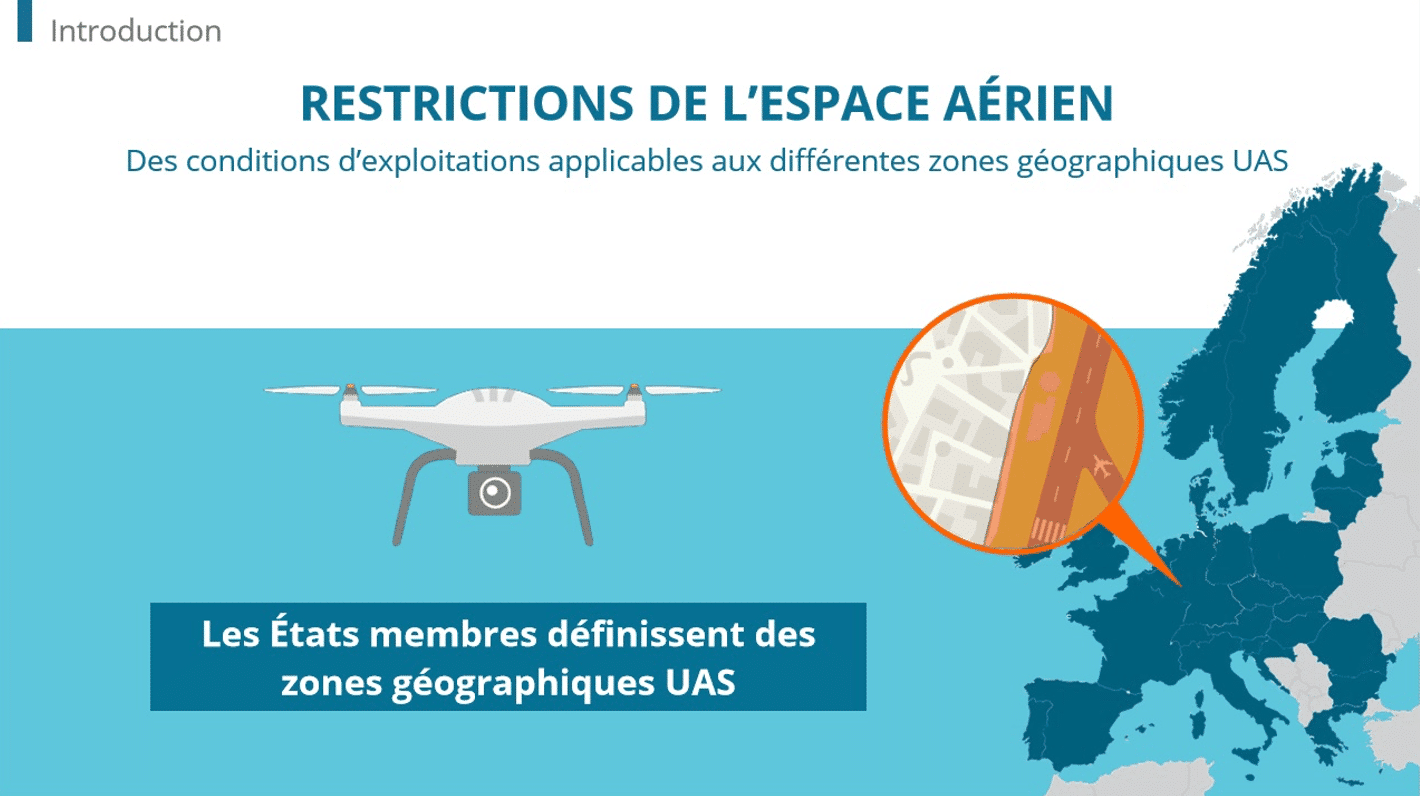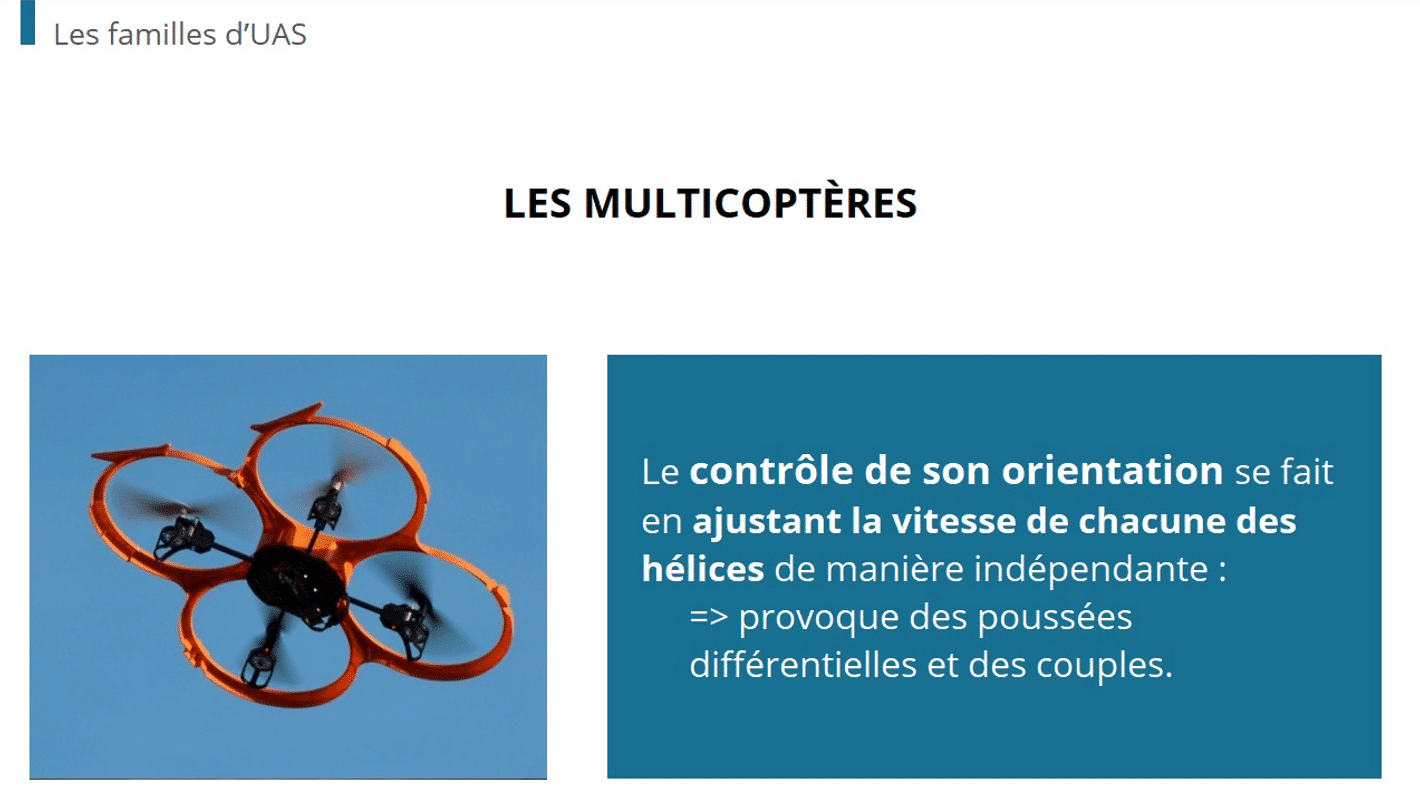The global pharmaceutical industry is estimated to reach $1.6 trillion in 2025. Ensuring regulatory compliance for industry operations is essential for safeguarding patient health and maintaining operational efficiency and reputation. The importance of regulatory complaint training cannot be understated in pharmaceutical operations. In this article, our quality experts detail how quality managers can build training programs that not only meet regulations but promote operational excellence and innovation.
Why Regulatory-Compliant Training Matters in Pharma
Regulatory compliance is the backbone of quality assurance in the pharmaceutical industry, safeguarding patient safety, drug quality, and effectiveness. Regulatory authorities such as The Food and Drug Administration (FDA), the European Medicines Agency (EMA), and the Medicines and Healthcare products Regulatory (MHRA) oversee the enforcement of these standards and preserve patient trust in the pharmaceuticals manufactured.
Important regulations in the pharmaceutical industry:
- 21 CFR Part 11: These regulations govern the security and management of electronic records and signatures, ensuring data integrity, traceability, and reliability.
- ISO certifications: This standard details quality management systems for pharmaceutical companies, helping them manage their operations.
- Good Practices (GxP): These encompass a range of crucial practices, including Good Manufacturing Practices (GMP) and Good Distribution Practices (GDP), to protect the quality, safety, and effectiveness of pharmaceuticals across the manufacturing process.
- ICH Guidelines: These global guidelines focus on the pharmaceutical’s quality, safety, and effectiveness.
It is not enough to know these regulations; they need to be implemented throughout the manufacturing lifecycle. The quality of your products– and, by extension, patient safety– is directly tied to the quality of training your employees receive.
How to Build a Compliant Training Program Step-by-Step for Quality managers
Creating content-rich and up-to-date training makes sure your employees are compliant with operational processes and changing regulations. A robust Learning Management System (LMS) like Dokeos provides the tools you need to effectively train your employees and reduce compliance risks. How do quality managers create, deliver, and manage training programs? Here’s a step-by-step guide to building an effective, compliant training program:
- Identify your compliance needs: before creating a training program, you need to understand your compliance needs. This is done by conducting a gap analysis of your current training programs. In this step, you will identify areas where compliance is not met and align your training objectives with regulatory standards. This process makes sure your program is tailored to pharmaceutical regulatory requirements as well as addresses your specific business challenges.
- Select the right training platform: A learning management system (LMS) like Dokeos offers features such as course assignments, audit trails, learning pathways, and electronic signature management to ensure compliance with FDA CFR 21 Part 11 and EU Annex 11. These features simplify compliance and reduce your administrative burdens.
- Develop role-specific training content: Let’s talk training content. Your training program needs to contain role-specific content. For example, quality assurance (QA) teams require in-depth GxP training, while your production teams require training on operational SOPs and relevant GxP training.
Dokeos partners with GxP Training to bring you over 80 certified courses integrated into the LMS. Additionally, your training manager can create and deliver role-specific content via interactive means, such as videos, quizzes, and real-world scenarios, helping your employees retain vital information.
- Monitor and validate Training Programs: Validating all your training programs is crucial for compliance. LMS system features provide audit trails, version controls, and progress tracking to ensure all records are tamper-proof and accurate and have the necessary timestamps and e-signatures. Furthermore, implementing processes to regularly review and update your training content addresses the challenges of changing regulations and operational requirements.
- Keep documentation audit ready: Having accessible and accurate training documentation is the foundation of compliant training programs. All your training records, certificates, and progress reports are organized and readily available for audits. Dokeos LMS simplifies this process with centralized data storage, automated reporting, and easy access to training histories.
- Build a culture of continuous improvement: Lastly, your training programs should be able to evolve alongside your business and the industry itself. This not only keeps employees up-to-date but creates a culture of continuous improvement. This data is generated from employee feedback and analytics from the LMS.
How do Dokeos LMS and GxP Training Provide a Compliant Training Solution?
Dokeos is a validated system that provides you with the tools you need to meet the strict compliance needs of the pharmaceutical industry. Our platform offers crucial features such as e-signature management, audit trials, version control, and real-time analytics. Allowing your quality managers to develop training programs that meet FDA 21 CFR Part 11, EMA guidelines, and ISO standards.
Our trusted partner, GxP Training, offers over 80+ industry-relevant certified courses covering essential areas like SOP implementation, GDP, and GMP. These courses provide your employees with up-to-date, role-specific training aligned with global regulatory standards.
Together with GxP Training, we provide a complete solution for pharmaceutical companies to build compliant, efficient, and scalable training programs. Are you a pharmaceutical quality manager looking to build a compliant training program? Schedule a free demo with one of our quality experts!
FAQs
Why is training important in the pharmaceutical industry for quality managers?
Regulatory training makes sure that all employees are up-to-date on the latest regulatory standards and internal operational processes. Furthermore, the quality of pharmaceuticals is directly related to the quality of compliance training employees receive.















